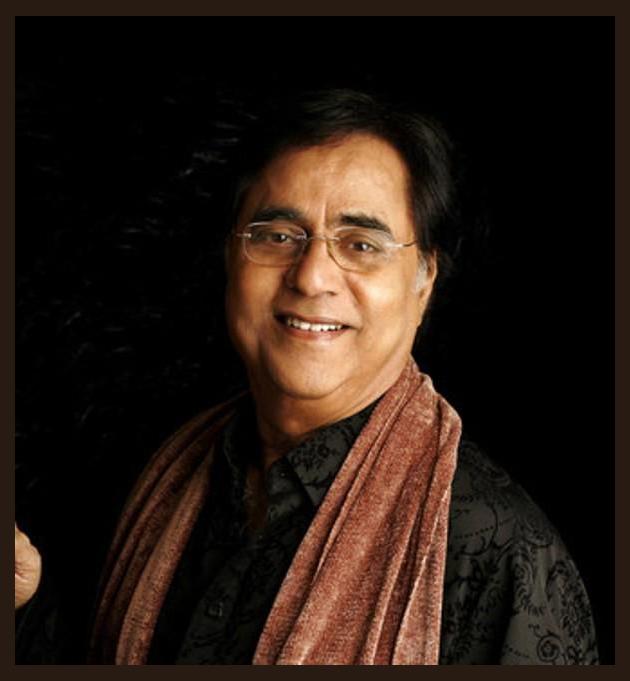 Jagjit Singh
Jagjit Singh
Jagjit Singh: The Maestro of Ghazals
Jagjit Singh, renowned as the "King of Ghazals," captivated hearts with his soulful renditions of the ancient poetic form. His music transcended boundaries, resonating with audiences from all walks of life.
Early Life and Influences:
Born in Rajasthan, India, Singh's musical journey began at a tender age. Influenced by his father, a Hindustani classical singer, and the legendary ghazal maestro Mehdi Hassan, Singh developed a unique style that blended traditionalism with contemporary sensibilities.
Challenges and Controversies:
Singh's path was not without its challenges. Despite his immense talent, he faced initial resistance from the establishment, which considered ghazals as a niche genre. However, he remained steadfast in his pursuit, eventually winning over critics and gaining widespread recognition.
Discography:
Singh's prolific career spanned over four decades, producing an extensive discography. Some of his notable albums include:
* "Aaj Kaal" (1973)
* "Aah Ko Chahiye" (1978)
* "Saath Saath" (1985)
* "Beyond Time" (1991)
* "Marasim" (2003)
Musical Innovations:
Singh introduced several innovations to the ghazal genre. He experimented with different ragas, rhythms, and instrumentation, expanding its expressive range. His use of the harmonium, synthesizer, and Western instruments added a fresh dimension to traditional ghazals.
Collaborations and Partnerships:
Singh collaborated with numerous renowned artists, including his wife and muse, Chitra Singh. Together, they formed an unforgettable duo, captivating audiences with their harmonious blend of voices.
Members:
Jagjit Singh himself was the primary vocalist and composer of the band. He was joined by a talented ensemble of musicians, including:
* Chitra Singh (vocals)
* Sukhwinder Singh (tabla)
* Sanjeev Abhyankar (harmonium)
* Satish Vyas (guitar)
Legacy:
Jagjit Singh's contribution to Hindustani classical music is immeasurable. His ghazals continue to be relished by generations of listeners. Through his artistry, he elevated the genre and brought it to a global stage. His legacy lives on as a testament to the enduring power of music and its ability to transcend cultural boundaries.
Jagjit Singh, renowned as the "King of Ghazals," captivated hearts with his soulful renditions of the ancient poetic form. His music transcended boundaries, resonating with audiences from all walks of life.
Early Life and Influences:
Born in Rajasthan, India, Singh's musical journey began at a tender age. Influenced by his father, a Hindustani classical singer, and the legendary ghazal maestro Mehdi Hassan, Singh developed a unique style that blended traditionalism with contemporary sensibilities.
Challenges and Controversies:
Singh's path was not without its challenges. Despite his immense talent, he faced initial resistance from the establishment, which considered ghazals as a niche genre. However, he remained steadfast in his pursuit, eventually winning over critics and gaining widespread recognition.
Discography:
Singh's prolific career spanned over four decades, producing an extensive discography. Some of his notable albums include:
* "Aaj Kaal" (1973)
* "Aah Ko Chahiye" (1978)
* "Saath Saath" (1985)
* "Beyond Time" (1991)
* "Marasim" (2003)
Musical Innovations:
Singh introduced several innovations to the ghazal genre. He experimented with different ragas, rhythms, and instrumentation, expanding its expressive range. His use of the harmonium, synthesizer, and Western instruments added a fresh dimension to traditional ghazals.
Collaborations and Partnerships:
Singh collaborated with numerous renowned artists, including his wife and muse, Chitra Singh. Together, they formed an unforgettable duo, captivating audiences with their harmonious blend of voices.
Members:
Jagjit Singh himself was the primary vocalist and composer of the band. He was joined by a talented ensemble of musicians, including:
* Chitra Singh (vocals)
* Sukhwinder Singh (tabla)
* Sanjeev Abhyankar (harmonium)
* Satish Vyas (guitar)
Legacy:
Jagjit Singh's contribution to Hindustani classical music is immeasurable. His ghazals continue to be relished by generations of listeners. Through his artistry, he elevated the genre and brought it to a global stage. His legacy lives on as a testament to the enduring power of music and its ability to transcend cultural boundaries.